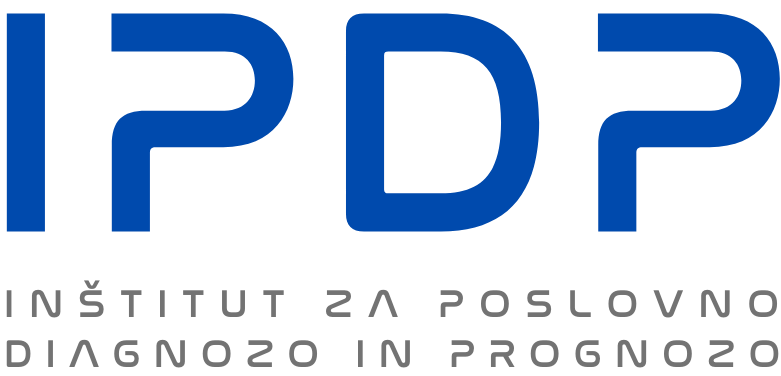



Institute IPDP, Ljubljana was established in the year 2008. Its original name in Slovenian language translated to English has the meaning “Institute of Business Diagnosis and Forecasting” (abbreviated, IBDF). Institute with its programme research group offers social scientific and economic expertise. Since the establishment, institute is providing its clients with various types of Economic analysis using econometric methods, building econometric models and the conception of the appropriate economic forecasts (evaluation of policy actions and programs, causal identification of effects). Successful work of the programme research group is possible by quality statistics through the collection of the relevant data.
Data aggregation and data processing with the process of gathering (from multiple data sources) the data, combining collected high-quality accurate data into a summary for further to be used in data analysis. Data collected from multiple data sources can, in some cases, be presented in a summarized format.
Statistical modelling with generating sample data and deriving predictions including extension by the estimation of the impact.
Institutes programme research group provides its clients with the economic analysis of classical macroeconomic issues such as external and internal balance in the economy, development and cohesion, international economic integration, fiscal and monetary policy, employment policy, research and development policy, external diseconomies (environmental issues), development factors and foreign trade policy.
At the same time institute programme research group deals with analysing the performance of the major companies or the specific situation in individual industries (energetics, motorway construction, housing savings scheme, protection of immovable cultural heritage, tourism etc.), as well as funding problems for various projects.
Calculation of performance indicators (performance indicators and result indicators, financial indicators, macroeconomic indicators) provides information on various aspects of the analysis.
Estimation of the amount of investment needed to shift the consumption and the estimations of the payback period and Setting of possible financial resources based exclusively on financial instruments.
Emission estimations (direct and indirect emissions) considering several greenhouse gas (GHG) emissions and removals using data collected in the participating social units (municipalities) and taking into account the structure and volume of their consumption or production. Assessment of the initial level of emissions and simulations of the reduction of these emissions on the measures envisaged in the project. Calculation of the so called energy "dividend". Financial effects for the individual household that will implement the emission reduction measures envisaged by this project.